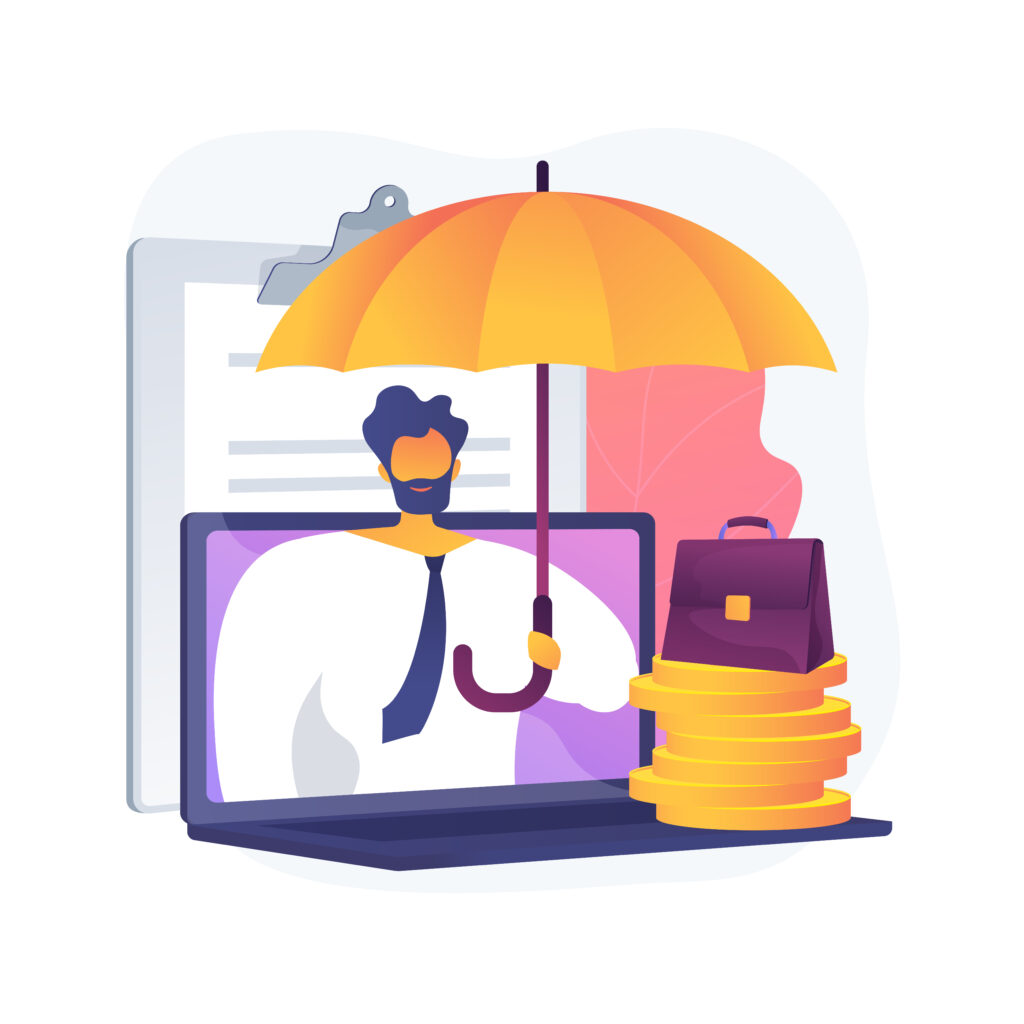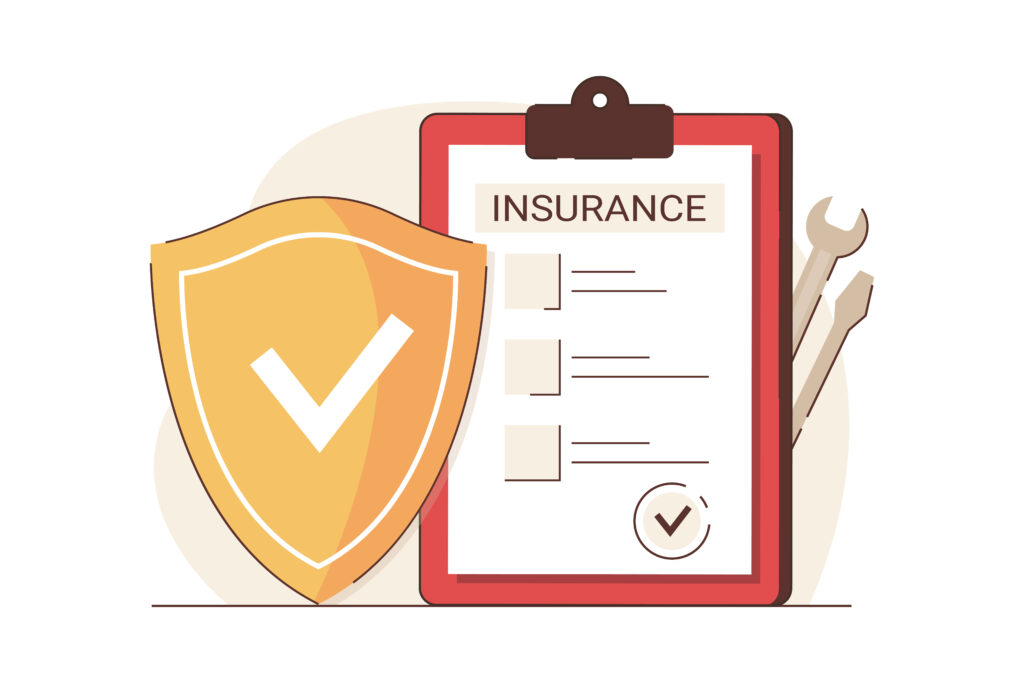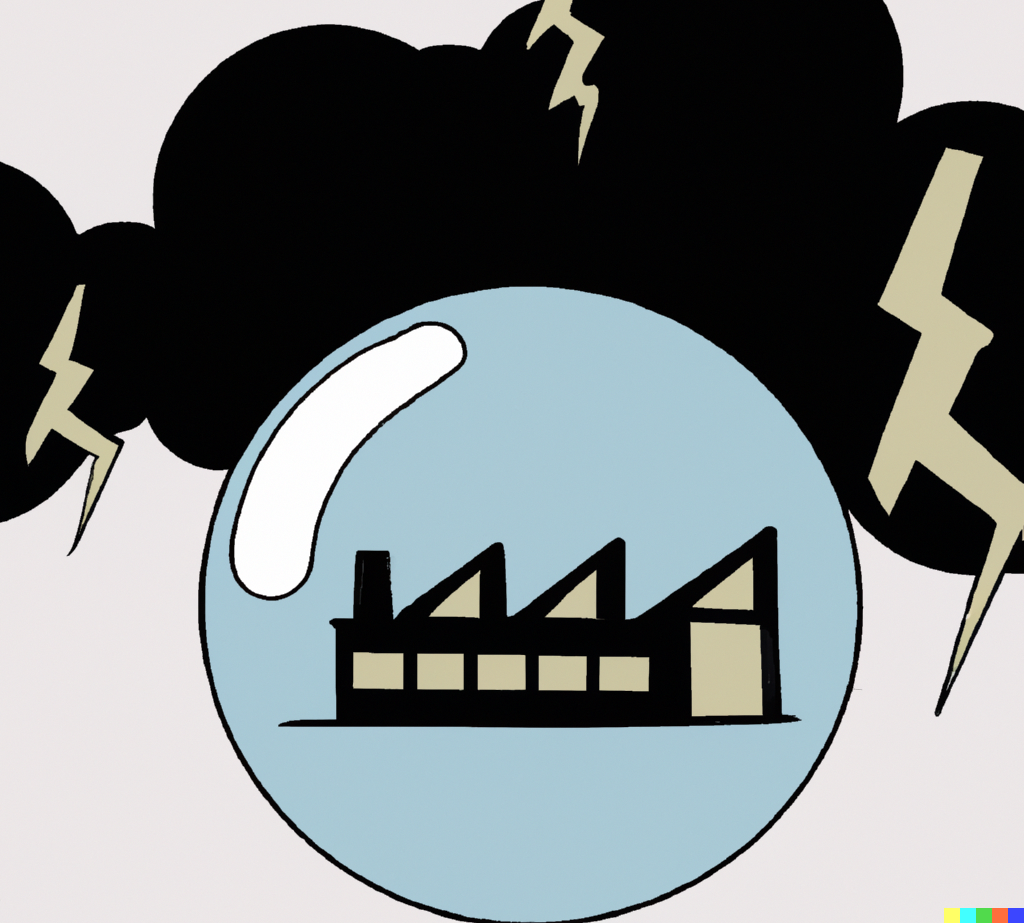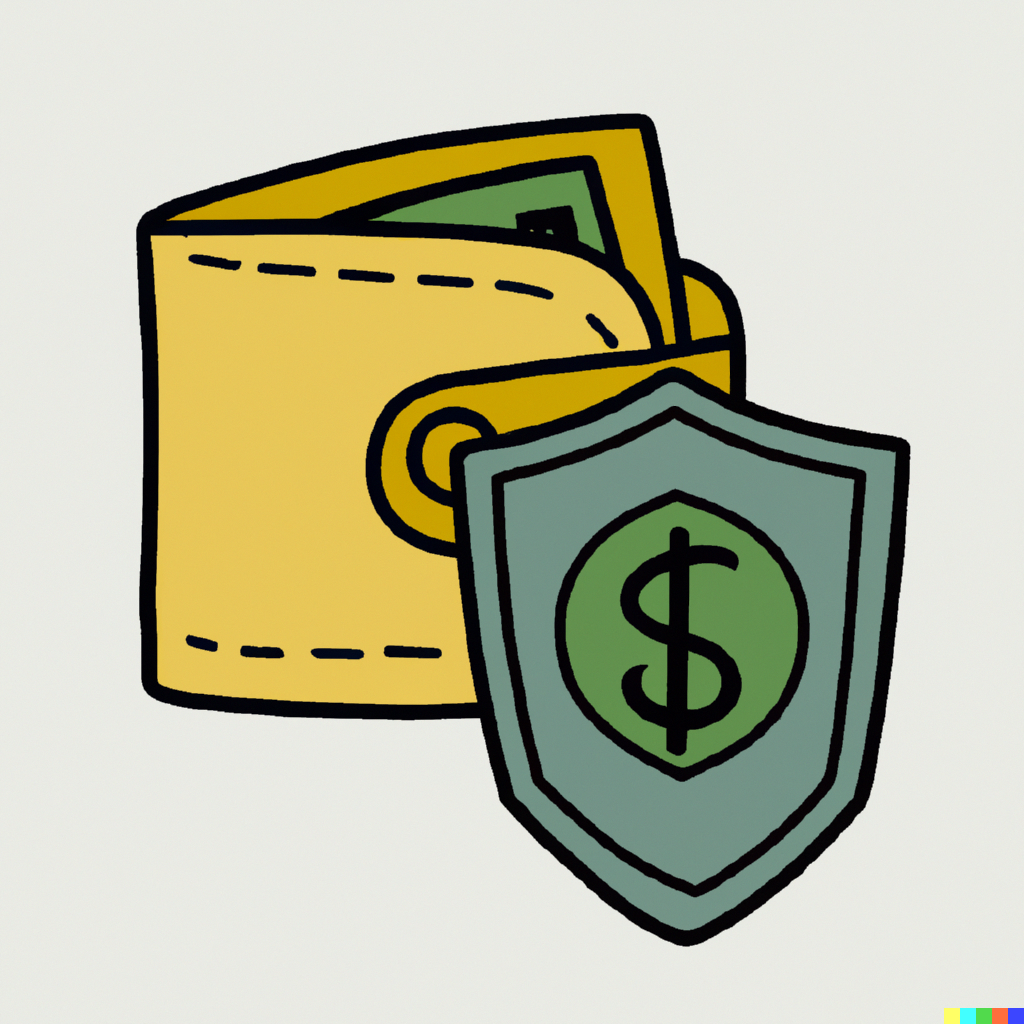Imagine this scenario: Your business, known for its signature creation that brings in revenue and pride, accidentally causes harm to a customer. From an unhappy client seeking retribution to a potentially crippling legal claim, the aftermath could be overwhelming. This is where product liability insurance steps in to save the day.
Understanding Product Liability
Product liability refers to a business’s legal responsibility for any harm caused by the products it makes, sells, or distributes. This responsibility covers everyone involved in the product’s journey to the customer, including manufacturers, suppliers, wholesalers, and retailers.
Importance of Product Liability Insurance
Product liability insurance is like a safety net for businesses facing potential legal claims due to harm caused by their products. It covers costs for legal defense, settlements, and judgments, saving businesses from financial losses that could cripple their operations.
Coverage Offered by Product Liability Insurance
This insurance usually covers injuries, property damage, and legal defense costs due to product-related claims. It ensures that a business can continue operating even when facing expensive lawsuits. Detailed Review: Make sure to fully understand what the insurance covers, including injuries, property damage, and defense costs.

Types of Product Liability Claims
Claims about product liability can arise from design flaws, manufacturing issues, or problems with marketing. They can also be based on not warning customers about potential risks tied to using the product. Document Everything: Keep detailed records of how the product was developed, tested, and controlled to defend against claims.
Factors Affecting Product Liability Premiums
The cost of insurance depends on factors such as the product’s nature, how it’s used, the target market, and the manufacturer’s track record for safety and quality.
Navigating the Claims Process
If a claim arises, the insurance provider guides the business through investigations, legal proceedings, and potential settlements or judgments. Open Communication: Stay in touch with your insurer throughout the claims process.
Tailoring Product Liability Insurance for Your Business
Each business is unique, so its product liability insurance should reflect that. Customizing coverage based on the specific risks tied to the product and industry is important.
Industries that Benefit Most
Industries making consumer goods, electronics, medical devices, toys, and even food products greatly benefit from product liability insurance because of the higher risk of product-related problems.

Comparing Product Liability and General Liability Insurance
While general liability insurance offers broad coverage, product liability insurance focuses on harm caused by products. These policies can work together to provide comprehensive protection. Coverage Assessment: Evaluate whether your business needs specific product liability coverage, general liability coverage, or a mix of both.
Product Safety and Risk Mitigation Strategies
To reduce the risk of harm and liability claims, it’s crucial to have strict quality control, regular testing, and clear warning labels. Regular Testing: Regularly test products to catch potential problems before they reach the market.
The Role of Legal Counsel
Having legal experts who specialize in product liability can help businesses navigate complex legal situations and comply with regulations. Early Engagement: Involve legal counsel early in product development to address potential liabilities proactively.
How Product Liability Insurance Supports Small Businesses
Small businesses often lack the funds to handle big liability claims. Product liability insurance lets them operate without constant fear of financial ruin from legal issues. Tailored Policies: Look for insurers offering customized policies that suit the unique risks and budget constraints of small businesses.
Emerging Trends in Product Liability
As technology changes, new challenges arise in product liability, such as problems with self-driving products, software issues, and cybersecurity concerns. Future-Proofing: Embrace the evolving landscape of product liability with a proactive approach, adjusting your risk management accordingly.
Conclusion
In a world where product quality and safety are crucial, product liability insurance offers a safety net for businesses of all sizes. By protecting against potential legal claims, it lets businesses focus on growing, innovating, and making customers happy.
If you have any questions or would like to get covered today, please don’t hesitate to reach out to a YourPolicy insurance agent at (866)236-0203. Each of our agents can help you find the best coverage options at the most affordable rates.






